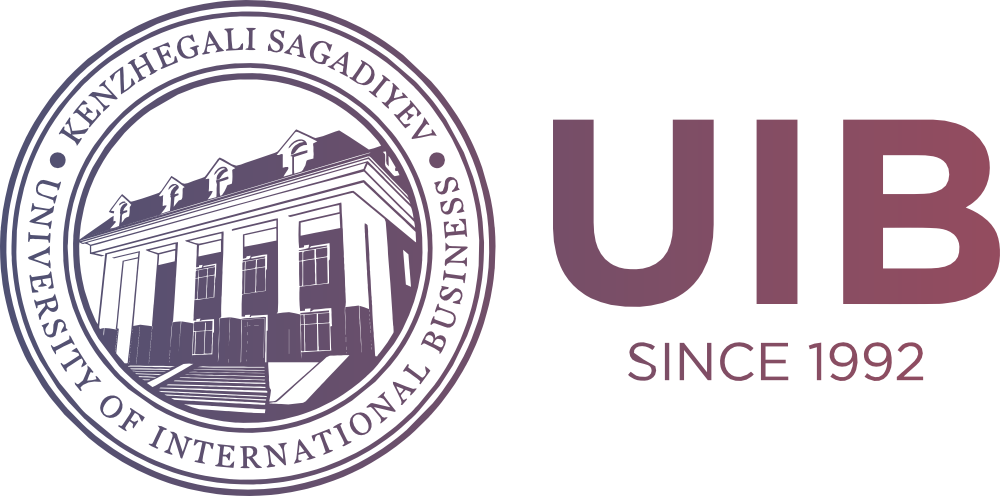Enhancing Cultural Competence through University-Business Collaboration: The Case of the Caspian Region
DOI:
https://doi.org/10.47703/ejebs.v68i2.381Keywords:
Urbanization, Sustainable Development, Economic Development, Regions, Spatial Differences, Spatial Polarization, Environmental Sustainability, RussiaAbstract
The accelerating pace of globalization and digital transformation presents significant challenges and opportunities for higher education institutions, particularly in regions undergoing rapid economic and educational transformations such as the Caspian area. This study examines the implementation of innovative educational methodologies within the Erasmus PICASP Project, specifically focusing on the integration of Massive Open Online Courses (MOOCs) and Practice Enterprises (PE) to enhance university-business collaboration in the Caspian area. By leveraging MOOCs for scalable, flexible learning and PEs for hands-on business management experience, the project fosters critical skills such as problem-solving, teamwork, and adaptability. There are covered the project's framework, educational approaches, and the potential impacts of these methods on the education landscape management, highlighting the shift towards multidisciplinary learning environments that integrate digital technologies. The project reported improved student engagement, enhanced practical skills, and increased employability of graduates. The findings highlight the importance of integrating local contexts with global educational standards to enhance employability and competitiveness, particularly in regions with diverse economic and educational landscapes. Furthermore, future research can contribute to the ongoing development and refinement of educational and cultural tools, ensuring they remain effective and relevant in an ever-evolving global landscape.
Downloads
How to Cite
Downloads
Published
Issue
Section
License

This work is licensed under a Creative Commons Attribution 4.0 International License.
Authors retain copyright and grant the journal right of first publication with the work simultaneously licensed under a Creative Commons Attribution (CC-BY) 4.0 License that allows others to share the work with an acknowledgment of the work’s authorship and initial publication in this journal.



